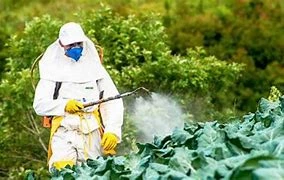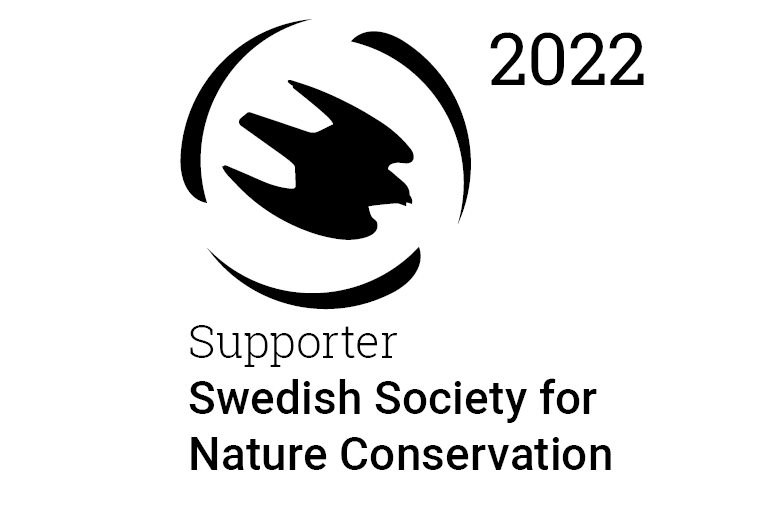- Home
- GPC Ecuador
Login
Forget Password
Ecuador
has three main documents that together establish
the rules for chemical industry in the country:
-
Technical Regulation 078 on transport,
storage, and management of hazardous materials
-
Acuerdo Ministerial 099 on instructions for the registration of
hazardous chemical substances and environmental obligations
-
Decreto 752/2019 that states the creation of a chemical
inventory and a chemical registry
Additionally, Ecuador is
part of the Andean Community, which indicates that the communal regulation for
chemical pesticides for agriculture is in place (Resolución 2.075/2019).
News

INEN Implements Regulation to Ensure Toy Safety in Ecuador
Jun-18-2024
The Ecuadorian Institute of Standardization (INEN) has implemented Technical Regulation 089, "Toy Safety," to improve the safety of toys in the country. This regulation applies to all new toys, both locally manufactured and imported, intended for children under the age of 14.
RTE INEN 089 sets strict guidelines to ensure that toys meet essential safety requirements, focusing on mechanical and physical properties, flammability and migration of certain elements. The regulation requires clear and accurate labelling, including product name, manufacturer and importer details, country of origin and safety warnings.
This initiative aims to protect children from potential hazards associated with substandard or unsafe toys and to prevent misleading practices. The regulation is in line with international standards such as NTE INEN-ISO 8124.
By adhering to these guidelines, manufacturers and distributors will demonstrate their commitment to child safety and potentially gain greater consumer trust and market differentation.

Ecuador's ARCSA Seeks Public Input on Proposed Pesticide Labeling Updates
Sep-28-2023
Ecuador's National Agency for Health Regulation, Control, and Surveillance (ARCSA) has invited public feedback on a comprehensive proposal to revise labeling requirements for pesticides meant for domestic, industrial, and public health use. The move, which aims to enhance transparency and safety standards, has been put forth in a notification to the World Trade Organization (WTO) dated September 19, 2023.
The proposed amendments to the existing resolution (ARCSA-DE-2021-004-AKGR) concerning registration and labeling stipulations for these pesticides seek to provide more clarity and bring about essential updates to labeling provisions. Notably, these changes aim to redefine the scope of pesticides intended for domestic use, now encompassing "products expressly authorized for use to prevent, destroy, control, or combat pests in the home," including those applied to wood.
One notable aspect that will remain unchanged is the requirement for sanitary certificates, often referred to as health notifications. These certificates will continue to be valid for a duration of five years. Companies will be obligated to apply for re-registration at least 90 days before the expiry of their product's certificate. Failure to adhere to this deadline would necessitate treating the product as new, requiring re-registration. It is important to note that the proposal does not alter certificate or registration prerequisites.
Once the proposal receives approval, it will come into effect immediately upon publication in Ecuador's Official Registry. Stakeholders and interested parties have until October 31, 2023, to submit their comments on the proposed changes.
Key Labelling Changes
One of the pivotal aspects of the proposal is the overhaul of labeling requirements. Under the revised guidelines, pesticide labels would be mandated to include the following information:
-
Active Ingredients: Labels must specify active ingredients by both their chemical and common names, referencing the International Union of Pure and Applied Chemistry (IUPAC) standards and Ecuadorian technical regulations.
-
Acute Toxicity: Pesticides will be categorized into four acute toxicity classes, providing consumers with a clear understanding of their potential harm:
- Category III and U: Harmful if swallowed, in contact with fur, or inhaled.
- Category II: Toxic if ingested, in contact with skin, or inhaled.
- Category IB: Fatal if swallowed, in contact with skin, or inhaled.
- Category IA: Fatal if swallowed, in contact with skin, or inhaled.
-
Specific Phrases: Specific phrases relevant to the product's formulation will also be mandated on labels.
In cases where active ingredients are not listed in either the IUPAC or Ecuadorian approved sources, those conforming to the International Organization for Standardization (ISO) guidelines applicable to pesticides will be considered acceptable.
Another significant requirement will be that products must be packaged with labeling and information sheets that are resilient to normal wear and tear, including transportation and storage.
These proposed changes reflect ARCSA's commitment to enhancing the safety and transparency of pesticide usage in Ecuador and ensuring that consumers have access to clear and essential information about the products they use.
As the deadline for public comments approaches on October 31, stakeholders are encouraged to participate actively in the process to help shape the future of pesticide regulation in Ecuador. The potential benefits include improved safety, more informed consumers, and a more sustainable approach to pest control in both domestic and industrial settings.
Login
Forget Password
Global Product Compliance (GPC) specializes in Global Regulatory Compliance Solutions across sectors
globally. SSS Europe, a familiar name in chemical regulatory and compliance services now formally belongs
under the umbrella of GPC Holding Sweden.
Since 2008, we have emerged as one of the leading names among Global Regulatory Compliance Service
Providers with Representation services in Europe, Asia and Middle East for respective chemical
regulations.


